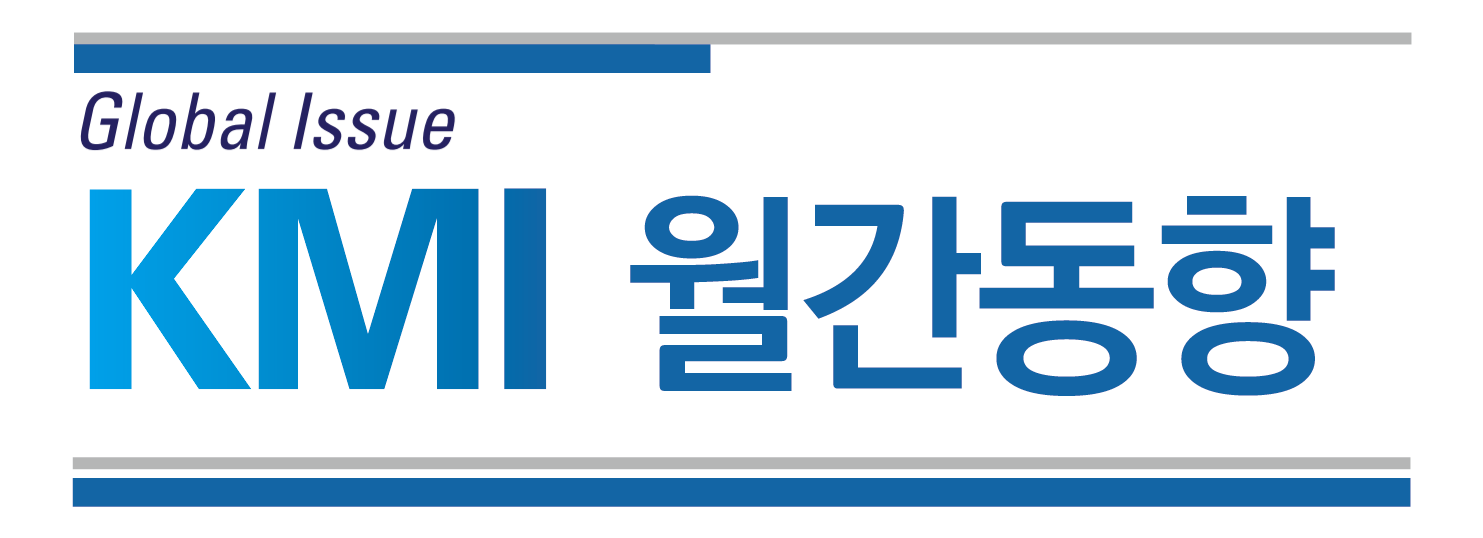-

- 메일앱이 동작하지 않는 경우

- Window 설정 > 앱 > 기본앱 > 메일에서 메일앱으로 변경
- [해운물류 > 해사안전연구실]2017-04-21 09:21:05/ 조회수 2169
-
[Headline] The human face of digital
- 평가덧글
- 인쇄보내기
- [Headline] The human face of digital
Digitalisation, robotisation, automation, connectivity, architecture, disruption, performance, efficiency, analysis, industry 4.0. Words and concepts we are getting used to, even if we don’t always use them in the correct context. We recognise the signifiers of change, and if we’re honest we are all pretty positive about shipping’s future even if we are, at the same time, concerned about the pace of change, the extent of change, and whether our own jobs are safe.
Now, I tend to read through conference agendas fairly thoroughly because, no doubt like you, I’ve been to a number of conferences that haven’t been worthwhile. The calibre of the speakers give you the tone of discussion – I’m usually concerned when a speaker says “this is the 15th time I have spoken at the Premier Ship Finance Forum”. The issues up for debate are also revealing because too many conference organisers ask exactly the same questions that the earlier conference failed to answer. When I work with my colleagues at IHS Markit on round tables and forums, we are careful not to ask for sponsorship support for events that just reiterate what has already been said.
Occasionally there are conferences that are different. The Shipping 2030 event, organised by Informa, is one such. Without slapping a rival on their back too generously, it looks a useful conference. The proof of its value will be in the quality of presentations and the vigour of the discussion those presentations stimulate. But I’d like you to know that the agenda for this event leaves me concerned for shipping’s future – which is not what is intended. Here is as much digital disruption you could wish for, with a side order of transformation and connectivity, followed by some tasty collaboration from the architects of change.
But – and to me this is very significant – the agenda includes a mere 15 minutes on “Crewing in the digital age” and a panel discussion on “The human face of digital”. The Shipping 2030 conference will have been in full flow for more than seven hours before the graveyard slot considers whether seafarers will be affected – and if they will be, does it matter?
We are approaching the mid-point of 2017, and 2030 is just a dozen years off. That’s an unbelievably brief time in which to transform shipping from almost-fully-crewed transportation to almost-fully-automated transportation. It took about that amount of time to get the Ballast Water Management convention in play. My first Evolving trend is the sidelining of the seafarer by tech geeks, described by Wikipedia somewhat ominously as “someone who is interested in an intellectual or complex subject for its own sake.” The seafarer is regarded as on the way out, like the dinosaur or coal-fired ships’ engines, however we shouldn’t expect seafarers’ interests to take this as a fait accompli.
At the end of February, I moderated a session at European Shipping Week on behalf of the European Transport Workers’ Federation that took as its jumping-off point the question: “Why should we protect EU employment in the maritime transport sector?” It was a different question to the one asked at a European Commission conference held in Dublin in the autumn of 1996, which was “How should we protect EU employment?” The seafarer unions in February spoke about the need to improve employment conditions, a better balance between working hours and rest hours, and how seafarers should be recruited and retained in this digital age. Seafarers are not willing to give up the fight just yet – although the shift in emphasis from “How to protect” to “Why should we protect” illustrates well how the discussion has gone.
Even so, I sense a battle coming up between those for whom seafarers are a dying breed that will inevitably become extinct, and those for whom seafaring remains the lifeblood of the industry.
[Ends]















